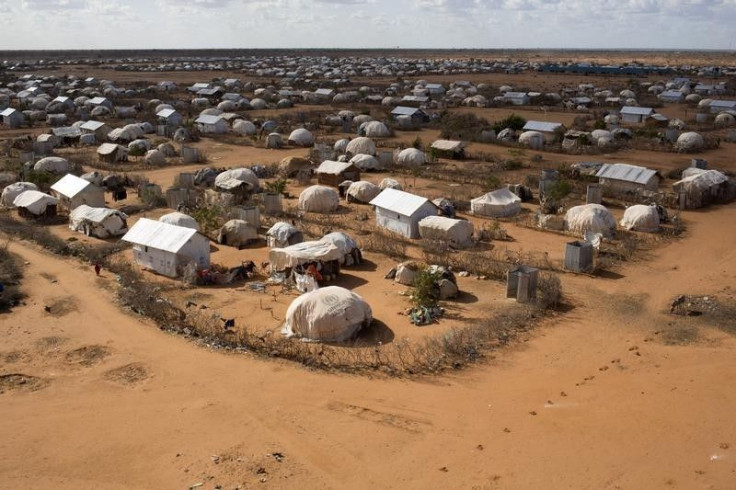Doctors Without Borders Pulls Staff From Dadaab Refugee Camp, Citing Al Shabab Concerns

An uptick in violence near the Somalia-Kenya border has forced Doctors Without Borders (MSF) to evacuate staff from Dadaab, the world’s largest refugee camp.
On Thursday, the organization said it had relocated 42 of its staff from Dadaab to Kenya’s capital city of Nairobi after a series of attacks by gunmen in the area who were thought to be members of the Somali Islamist militant group al Shabab.
“Refugees and medical staff are bearing the brunt of the deteriorating security conditions,” Charles Gaudry, head of MSF’s mission in Kenya, said in a Thursday statement. “The current security situation is severely limiting the ability of our medical staff to provide humanitarian aid to people who desperately need it.”
The nongovernmental organization (NGO) has maintained a presence in the world’s largest refugee camp, just 60 miles (100 kilometers) from Somalia’s border, for decades. But now it feels its staff may be in danger because of increasing attacks from armed groups in the area.
Doctors Without Borders has called on all armed groups operating in the area to “guarantee respect for medical facilities, patients and staff so that it can resume full activities as soon as possible.”
Dadaab was opened in 1991 by the United Nations to harbor Somalis fleeing violence and famine in their home country. Today it is home to roughly 350,000 people and is unofficially the third-largest city in Kenya, according to the country’s Department of Refugee Affairs. Doctors Without Borders has been operating there for more than 20 years and is currently the only health care provider in the camp. Its facilities include a 100-bed hospital and four health posts throughout the camp, two of which are now closed.
Dadaab has been a controversial subject in Kenyan politics recently, as many feel it provides a “soft target” for al Shabab, which has conducted a string of violent attacks in Kenya as part of its apparent plan to shift its activities from Somalia to the international stage.
The most violent attack was at a university in Garissa that left 148 people dead. It prompted a crackdown from Kenyan government officials that included a freeze on Somali money transfers and threats to close Dadaab altogether, which were later retracted under international pressure.
Most recently, armed men believed to be al Shabab attacked a Kenyan police unit in the nearby town of Yumbis.
“MSF will continue to evaluate the situation in the hope that safety and the integrity of MSF staff in the camps can be assured,” the NGO said in its statement. “Once it has obtained such guarantees, MSF will consider resuming full medical activities in Dadaab.”
© Copyright IBTimes 2024. All rights reserved.






















